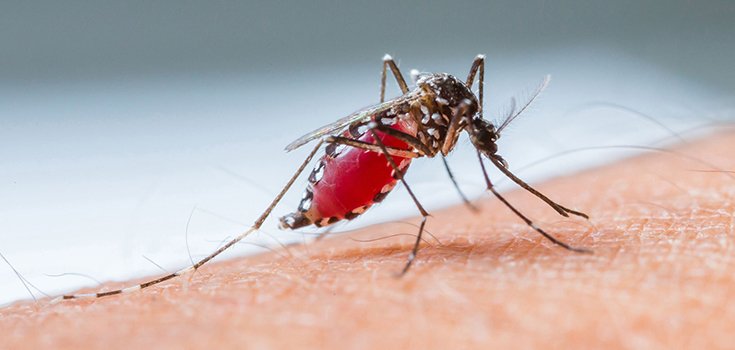Utah Woman First Zika-Related Death in the Continental US

Utah health officials have confirmed that an elderly woman who passed away in late June has died after contracting the Zika virus. The unnamed woman did not contract the virus in the United States, but had traveled to a country where Zika was known to be. The woman also had many underlying health issues that likely contributed to her death in addition to the infection.
Health officials in Utah, however, state that there is no immediate risk in Utah for the Zika virus if one has not traveled to a country where it is prevalent.
They are also reluctant to make a definitive statement about the woman’s death at this time and whether it is definitely Zika-related. Their website stated:
“While this individual did test positive for Zika virus, the exact cause of death has not been determined, and it may not be possible to determine how the Zika infection contributed to the death. Due to health privacy laws, health officials will not release further details about the individual or the individual’s travel history.”
It was not confirmed that she was infected with Zika until after she had already died. The state does not plan to release any more information on the individual and offers its condolences to the family.
Although over 1000 people in the United States have become infected with Zika as a result of travels to countries where it is prevalent, or having sexual relations with some infected with the Zika virus, so far no local mosquitoes have tested positive within the United States.
The Zika virus is very rarely fatal, with eight in 10 infected people showing no symptoms whatsoever. Some people who do become infected may go on to develop Guillain-Barre, a syndrome that causes unexplained weakness and sometimes paralysis.
The biggest risk of the Zika virus is for pregnant women, as many children born of those infected face severe cognitive delays. Microcephaly, a disorder in which the child’s head is abnormally small at birth, in addition to the child having moderate to severe intellectual disabilities, is common in women who give birth after becoming infected. Because of this, it is not recommended that women who plan to become pregnant in the near future not travel to an area where Zika is known to be.
Sources:
